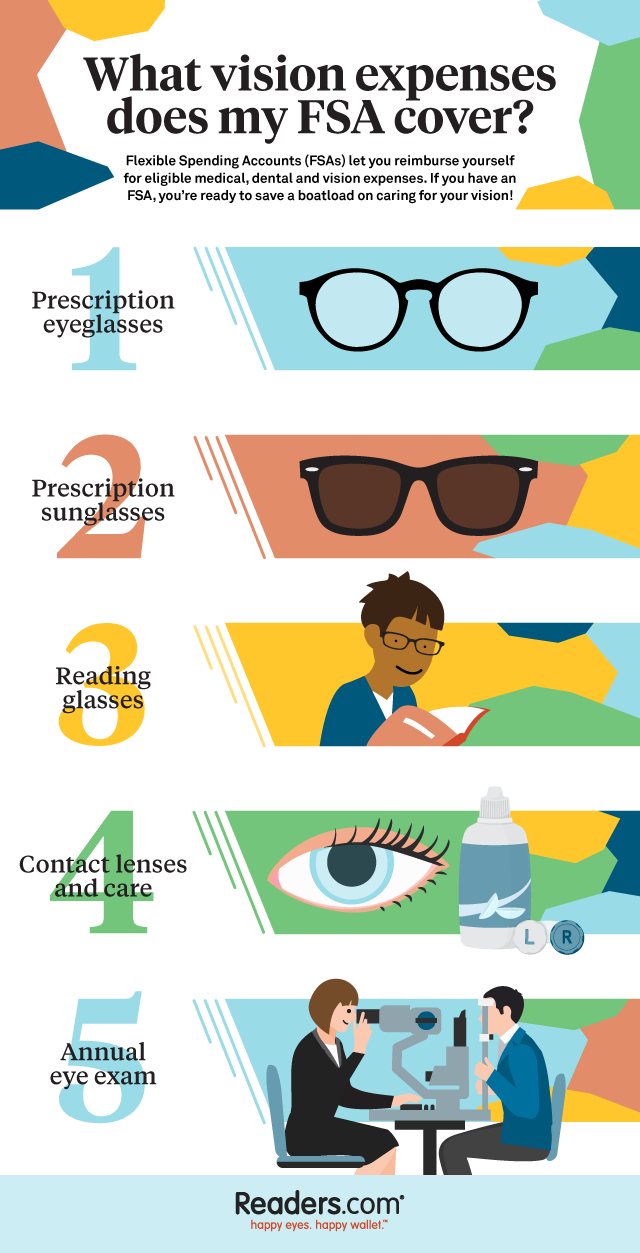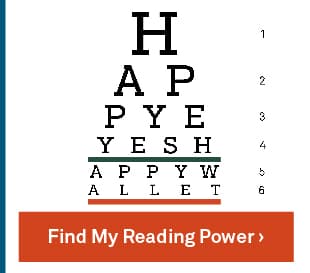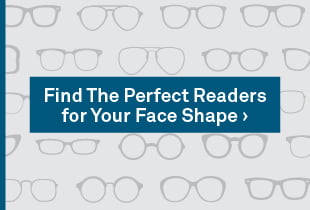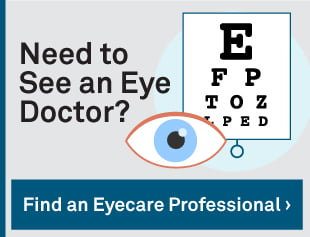Good vision is priceless, but it can also be costly. Even with vision insurance, the cost of an eye exam, reading glasses, or prescription glasses adds up quickly.
Luckily, you have a Flexible Spending Account (FSA). An FSA is a pre-taxed savings account provided by your employer. The plan is supplementary to healthcare insurance and allows you to deposit money into the account to be used on eligible medical expenses, including eye care.
You can save an average of 30% on any approved vision-related expenses. Here’s how to keep yourself seeing well and looking great while saving money.
↓ Click to enlarge infographic ↓
What is an eligible FSA expense?
Most FSA plans cover out-of-pocket expenses not eligible or covered by healthcare insurance. This includes eye exams, vision supplies, office visit copays and wearable vision products for both you and your family.
Coverage, however, may differ by FSA plan, so check with your employer for a complete list of approved services and items.
Here is a list of the most common eligible vision-related products:
Reading Glasses
If you’re the type of person who needs readers, you’ll be glad to know reading glasses are FSA-eligible. This includes frames and custom lenses, as well as accessories. You can also purchase over-the-counter reading glasses without a prescription at your local drug store or online.
Prescription Eyeglasses
The general rule of thumb is if you have a prescription from an eye doctor then it is FSA-eligible. This includes frames in a variety of shapes, sizes, styles and various lens types. You can also add anti-glare and scratch-resistant coatings to your lenses, both are covered. Specialty lenses are also considered an approved expense, which means scuba masks and sports and safety goggles with prescription lenses can be purchased with your FSA dollars.
Prescription Sunglasses
Many people don’t realize that prescription sunglass lenses are FSA-eligible items. This includes photochromic, polarized, and mirrored lenses. But, you must have a prescription or a doctor’s note for your plan to consider sunglasses as an FSA-approved expense. Most over-the-counter non-prescription pairs are not covered.
Contact Lenses and Care
Wearing glasses all day isn’t for everyone. If you are more of a contact lens wearer, then you know contacts and contact solution costs can add up.
Good news is both are eligible FSA expenses. And, you have a variety of contact lenses to choose from to find the most comfortable fit for your eyes. Approved items include toric, multifocal, bifocal, and disposable lenses.
Annual Eye Exams
Everyone should get an annual eye exam, even if you think your vision is perfect. Eye exams help catch any potential issues you may have with your vision or eye health. Optometrists can even check the health of the blood vessels in your eye, which can be a warning sign of bigger health issues in your body. Locate an optometrist near you and use your FSA to pay for the exam.
Additionally, your FSA plan covers eye care accessories and services such as LASIK. Check with your plan’s provider or your employer’s benefits coordinator for a complete list of FSA-approved items.





0 Comments